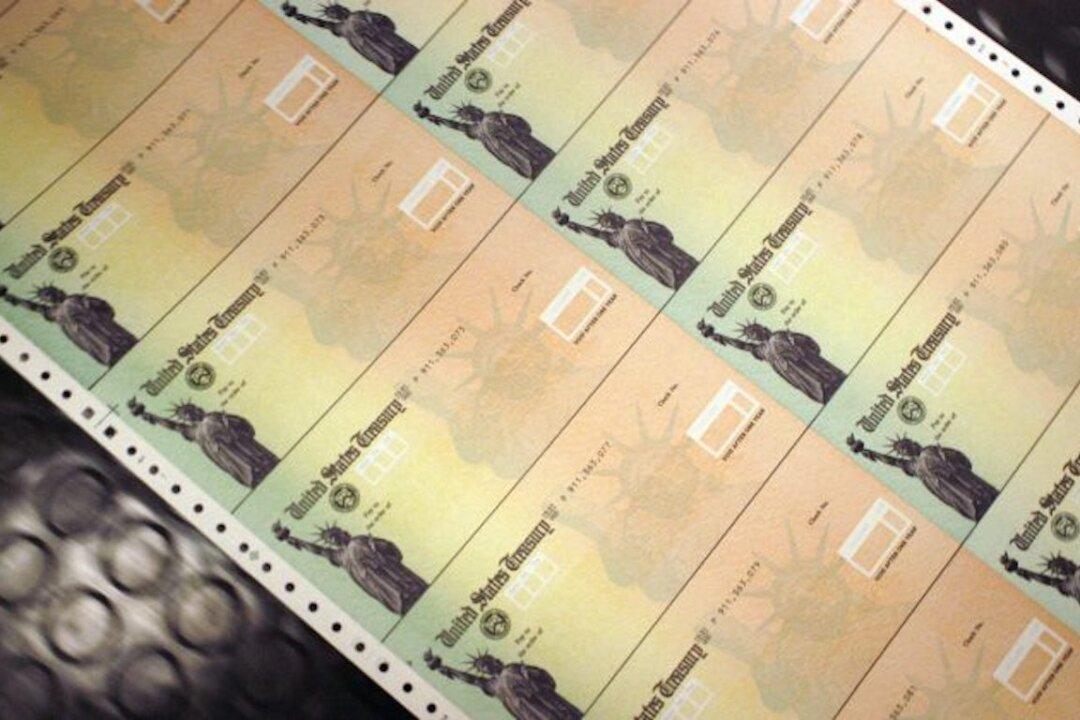Treasury Secretary Janet Yellen is warning that Social Security payments could be affected if lawmakers don’t raise the U.S. debt limit and the government runs out of funds to pay its bills.
“Treasury [could find] itself in the position where we’re unable to pay all of the bills that come due that day. And this would be really the first time in the history of America that we would fail to make payments that are due,” Yellen told ABC News this week. “And, you know, whether it’s defaulting on interest payments that are due on the debt or payments due for Social Security recipients or to Medicare providers, we would simply not have enough cash to meet all of our obligations.”





